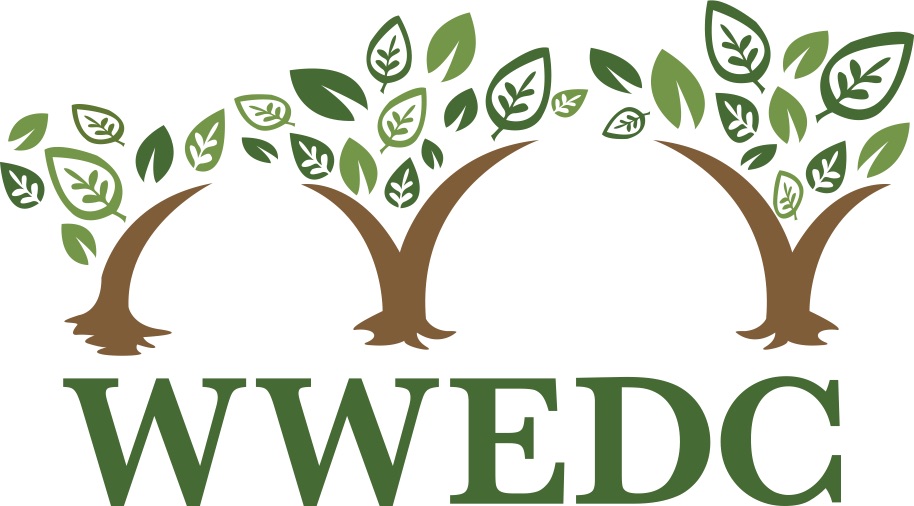Blog post written by Amanda Raffoul, MSc, PhD Candidate in Public Health and Health Systems, University of Waterloo
Every year on May 6, individuals and organizations around the world recognize International No Diet Day (INDD). The objectives of INDD are to challenge misconceptions about dieting, push against the industries that sustain diet culture, and reinforce the harms of dieting among people across age, gender, culture, and body size. First, it’s important to delineate what exactly we are fighting against...
What is dieting & “diet culture”?
Traditionally, “dieting” has been defined as any intentional change in behaviour to achieve weight loss. But since body ideals are constantly changing and push different messages for different people in different ways, this definition of dieting as intentional weight loss might be too narrow. Instead, dieting can be seen as any intentional change to one’s weight, size, or shape to achieve a body ideal. This can range from changing one’s diet and exercise habits to lose weight, to trying to lift more weights and taking supplements to gain more muscle (and everything in between).
Dieting behaviours themselves can range in healthfulness - but just because one behaviour for weight change seems less harmful than another, it doesn’t make it any less of a dieting behaviour. Many diets disguise themselves as “lifestyle changes” or “healthy living”, but still reinforce messages of diet culture that permeate every facet of our lives. This can include constant remarks or discussions about weight among our friends, coworkers, and people in the media; seasonal days or events that encourage weight loss (e.g., “beach body season”, New Year resolutions), or a focus on “health” or “wellness” that prioritizes weight loss over actual wellbeing.
Who is dieting?
Dieting is incredibly common among the Canadian population. From my own research with other collaborators at the University of Waterloo, we’ve seen that over a 3 year period, 7 in 10 girls reported dieting to lose weight and that half of Canadian young adults have tried to lose weight in the past year. Dieting is most prevalent among women, non-binary persons, people who perceive themselves as “overweight”, and individuals with lower levels of health literacy. People within these groups are often targeted by industries that promote diet culture and pressure them to purchase products and give in to trends that promise wealth, success, and happiness if they can achieve a particular body ideal - but this is far from the truth...
So what’s the harm?
You may often hear that ~96% of diets fail, and that when diets don’t work, people are at a greater risk of weight gain. Although this fact has been supported by dozens of studies over decades of research, the focus on eventual weight gain just serves to reinforce elements of diet culture. On INDD, the goal is not to make people fear weight gain if they diet, but to inform them of the harms associated with dieting behaviours and attitudes.
Instead, let’s focus on overall wellbeing. Dieting has been associated with:
poorer cardiometabolic health (especially among “yo-yo” dieters);
an increased risk of eating disorders;
an increased risk of engagement in harmful behaviours, including substance use;
greater likelihood of stress, depression, and anxiety; and
poorer overall dietary quality.
How to break free from diet culture
Diet culture surrounds us in every sphere of our lives. Begin by aiming to challenge and investigate common statements about weight, size, shape, and their associations with “health” and “wellness”.
Do what works for you and your body, and embrace alternative frameworks to wellbeing such as Health at Every Size that shift the focus away from weight to wellbeing.
If you require it, seek support from reputable organizations, agencies, and practitioners within your community who dispel diet culture from their values, messaging, and practices.
The Waterloo-Wellington Eating Disorders Coalition (WWEDC) is dedicated to raising awareness about INDD in our communities - check us out on Facebook and Instagram to help spread the word in your own networks and make a difference today!

